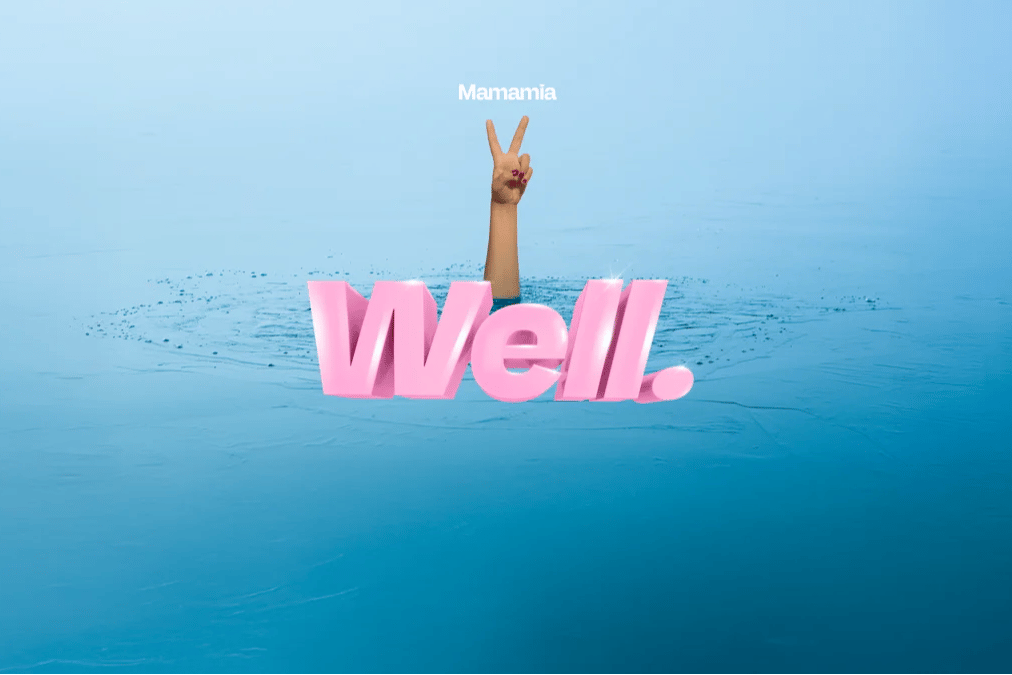
In 2025, Australian women are still suffering in silence.
It's a confronting reality: 82 per cent of women feel they are the only advocate for their own health and wellbeing. Even more concerning? Women are 50 per cent more likely than men to be dismissed when experiencing pain.
Watch: Mamamia launches the new WELL podcast on The Morning Show. Post continues below.
We know that for many women, the journey to diagnosis is long and complicated. Because what's often dismissed as 'just period pain' or 'all in your head' can be something far more serious. While some might experience manageable discomfort, others describe their pain as "the worst imaginable" — like barbed wire running across your abdomen. A fiery hot pain that's so debilitating, it makes day-to-day life seem impossible.
Listen: In Mamamia's brand new podcast Well, co-hosts Claire Murphy and Dr Mariam discuss everything you need to know about periods and bust a few myths along the way. Post continues below.
And that's only scratching the surface when it comes to the umbrella of common health conditions that are tougher to diagnose — just because you're a woman.





























































































